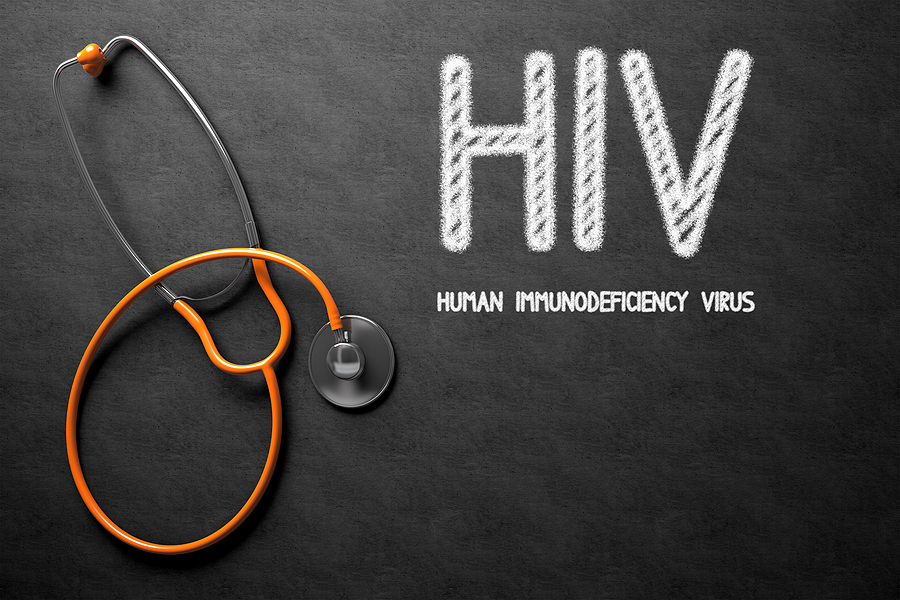December is HIV/AIDS awareness month. According to the CDC’s HIV Surveillance Report, more than 40% of individuals with HIV in America were 55 and older. There are many risk factors for HIV for people of any age. However, older individuals are less likely to be tested for it. With proper treatment, most people living with HIV and AIDS can lead healthy lives. With current advances in medicine, it is possible to live longer and safer with a positive diagnosis. Below, we will discuss care for older adults living with HIV/AIDS.
Understanding HIV/AIDS
HIV stands for human immunodeficiency virus. It is a virus that causes the body to attack the cells that fight infections. This leads to a weakened immune system, leaving the individual vulnerable to other illnesses. HIV is spread through the exchange of some bodily fluids, most notably blood and sexual fluids. Some of the more common causes of the spread of HIV are unprotected sex or the sharing of injection equipment for drugs. The body cannot get rid of HIV, and there is currently no cure. Once someone has HIV, they will have it for life.
AIDS stands for acquired immunodeficiency syndrome. It is considered a late-stage symptom of HIV, especially if the HIV goes untreated. In the US, AIDS is becoming increasingly rare, as prescription HIV medicine generally stops progression. Without proper treatment, HIV can develop into an AIDS diagnosis, which drops life expectancy significantly.
Aging with HIV
For older individuals living with HIV, it is important to protect your immune system as best as you can. Be sure to keep up with your HIV medication. When out in public, wearing a mask and using hand sanitizer can be important. Those living with the virus can also develop co-morbidities as they age. These may include cardiovascular disease, diabetes, renal disease, and cancer, among others. Chronic inflammation caused by HIV can make these conditions harder to combat.
Late Diagnoses
Older Americans are diagnosed with HIV later than average in the progression of the disease. In general, older adults are less likely to be screened for HIV and other sexually transmitted conditions. As a result, it can lead to poor prognosis and shorter survival rates.
Developing HIV Later in Life
Older Americans who are sexually active may end up developing HIV later in life. If caught early, it may not affect your quality of life, beyond increased medications. With proper treatment, an individual with HIV can still be sexually active without risking spreading the virus to their partner(s).
Cognitive Decline and HAND
HAND, which stands for HIV-Associated Neurocognitive Disorder, is a neurologic and cognitive effect that HIV can have on the body. Research suggests that between 25-50% of HIV patients develop HAND. It can lead to cognitive, motor, and mood disorders. HIV-associated dementia can also develop in extreme cases.
Support Services for Older Adults Living with HIV/AIDS
Living with HIV and AIDS can pose several unique challenges for older adults. Stigma and social anxiety around their diagnosis can also be particularly difficult for older individuals. As a result, it is important to have a good support system. This may include care services within the home. A certified home health aide may be a good place to start. A home health aide can help with care around the house, assist with medication reminders, and help with trips to doctor’s appointments. These services can be vital for older individuals living with chronic conditions.
Safe Harbor Healthcare Services does not provide medical, healthcare, or financial advice via articles. This material has been prepared for informational purposes only. It is not intended to provide, and should not be relied on for advice.
Safe Harbor Healthcare Services has provided excellent home care on Staten Island since 1967. Our services help older and disabled individuals live safely and independently; while giving their families the peace of mind they need. For more information contact us or call (718)-979-6900.

